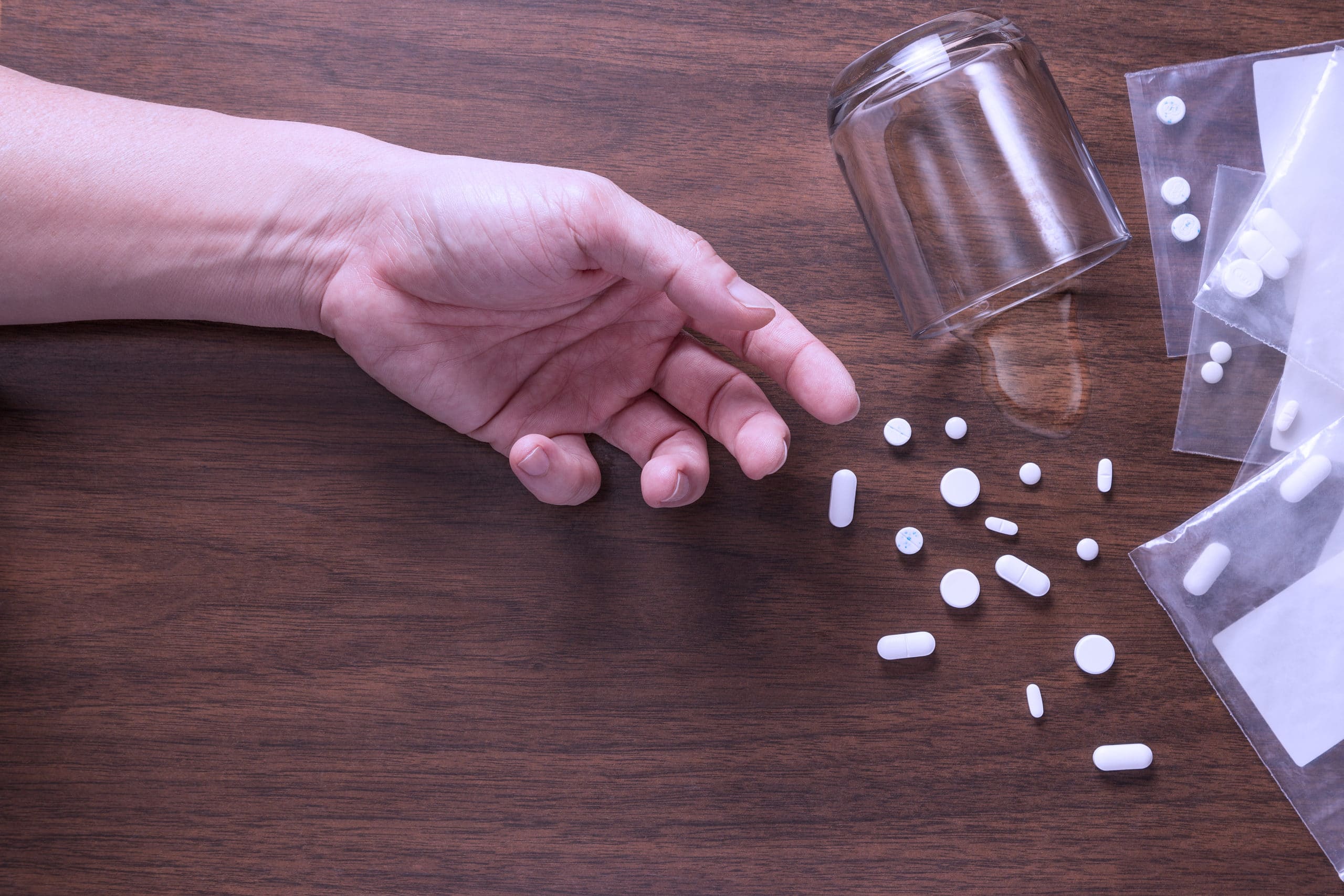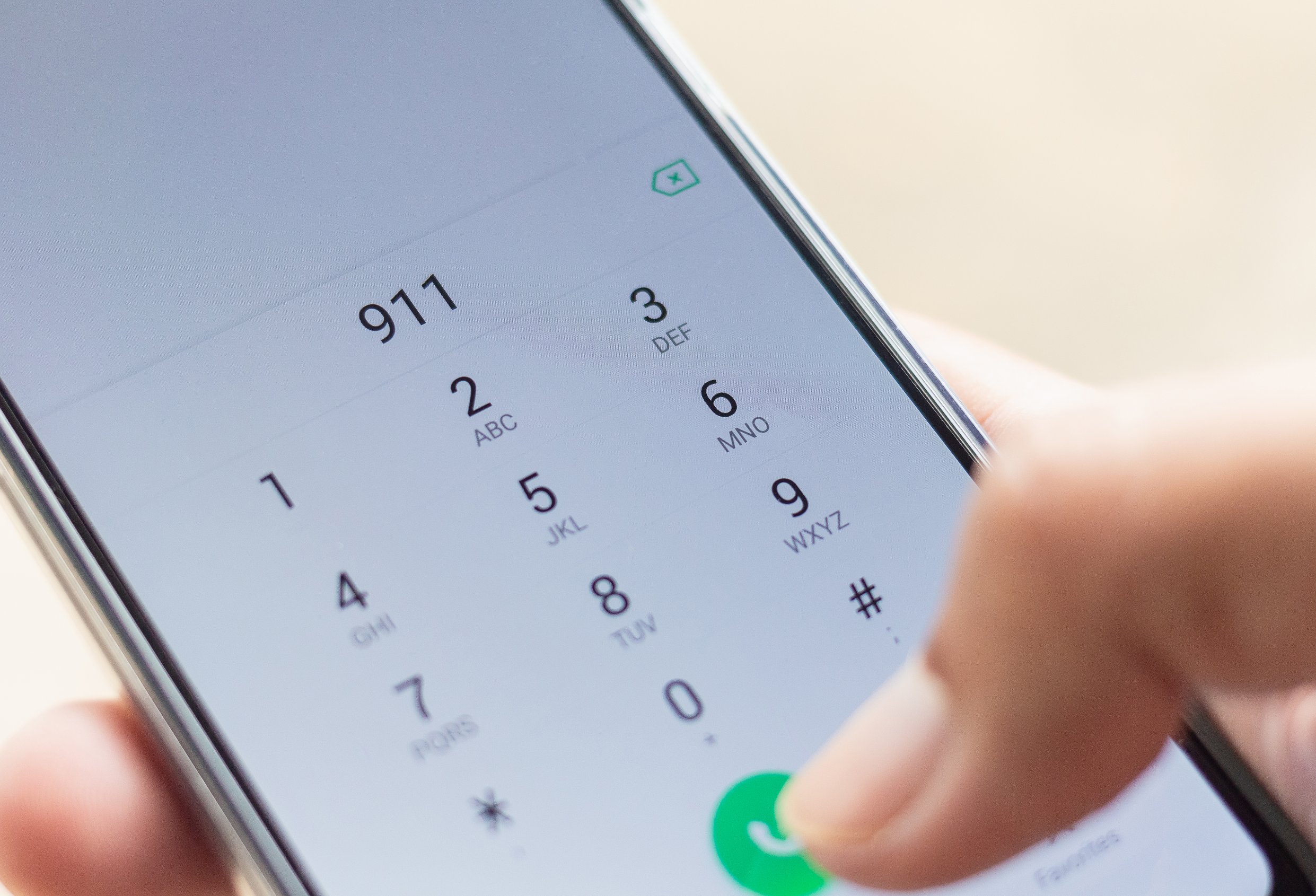 Every state in the United States has been dealing with the opioid epidemic. Some states, like Minnesota, have gotten more creative in their response in an effort to save lives.
Every state in the United States has been dealing with the opioid epidemic. Some states, like Minnesota, have gotten more creative in their response in an effort to save lives.
Groups across Minnesota have reached out to citizens to help them learn how to save lives through a drug called Narcan. Organizations teach members of the community how to spot a potential opioid overdose and how to administer the drug to intervene.
Still, many people have questions about the legal implications of these types of programs. If you administer Narcan or call 911 for a potential overdose, are you setting yourself up for a criminal charge? Read on to find out more about the laws in Minnesota that govern this arena, plus the limits of the immunity offered when saving a person’s life.
Steve’s Law
In 2014, the state of Minnesota passed something called Steve’s Law. The purpose of this law was twofold: It made sure that every first responder had an opioid antagonist like Narcan available for emergencies. And it helped shield people who call 911 from criminal liability related to the overdose.
Basically, Steve’s Law protects anyone who calls 911 in order to report a drug overdose. In doing so, they’ll be guarded from prosecution for the possession of the drugs related to the overdose found at the scene.
They’re also protected if they use Narcan to intervene. It’s important to understand that this law has limits and does not provide blanket immunity for drug-related crimes.
The Limitations of the Law
In Minnesota, there are certain things Steve’s Law cannot alleviate. It will not provide immunity for any outstanding warrants that you may have, illegal gun possession, or violent acts committed against another. It also will not protect bystanders who may be involved in criminal activity at the scene of the overdose, such as drug use. Finally, it does not provide immunity for charges or prosecution related to selling or buying drugs, even for those involved in the overdose at hand.
In other words, there are reasons that the police can make an arrest at the scene of the overdose. The protections offered by Steve’s Law are very narrow. They want to encourage you to help someone who may need your help, but they also shouldn’t lull anyone into a false sense of security regarding immunity to the prosecution of drug crimes.
What If You’re Arrested?
If you are arrested at the scene of an overdose after calling 911, then the first thing you need to do is contact an attorney. They can help you understand the charges against you and the role that you may have played in what unfolded at the scene.
Remember, no matter the charges, you have rights – and it’s an attorney’s job to make sure that you are represented and that your rights are upheld.
You can still be charged with drug possession or drug sale charges in the wake of calling 911 for an overdose. Don’t let this serve as a reason not to call. However, the right attorney can help you navigate the laws in Minnesota and ensure that you’re not facing unnecessary or harsh prosecution because of your actions to help another person in need.
About the Author:
Christopher Keyser is an AV-Preeminent rated criminal and DWI defense attorney based in Minneapolis who is known for fighting aggressively for his clients and utilizing innovative tactics to get the most positive results. He has been featured in numerous media outlets due to the breadth and depth of his knowledge and named a Certified Specialist in Criminal Law by the Minnesota Bar Association. Mr. Keyser is Lead Counsel rated, and he has received recognition for his criminal law work from Avvo, Expertise, Super Lawyers, The National Trial Lawyers, and more.






